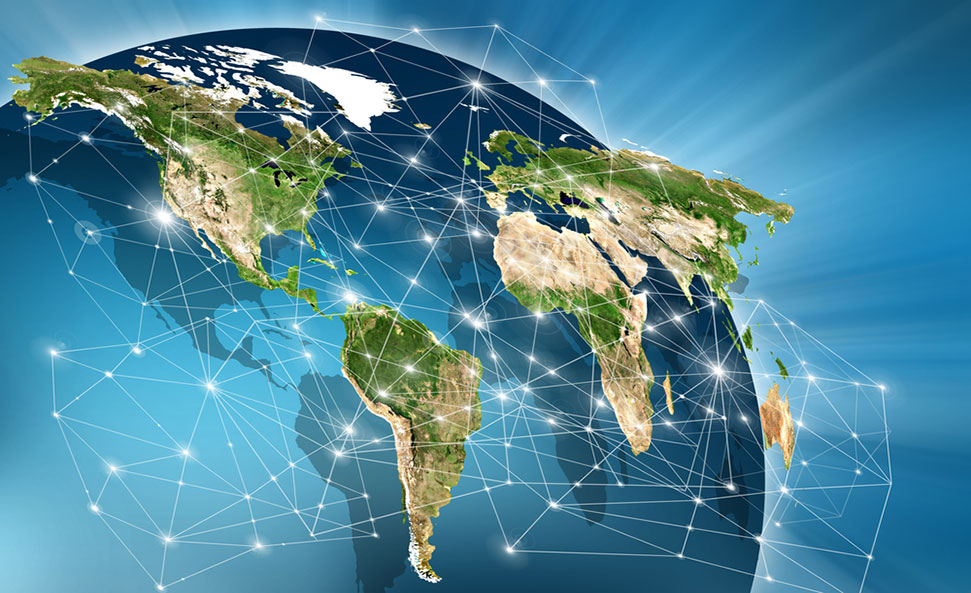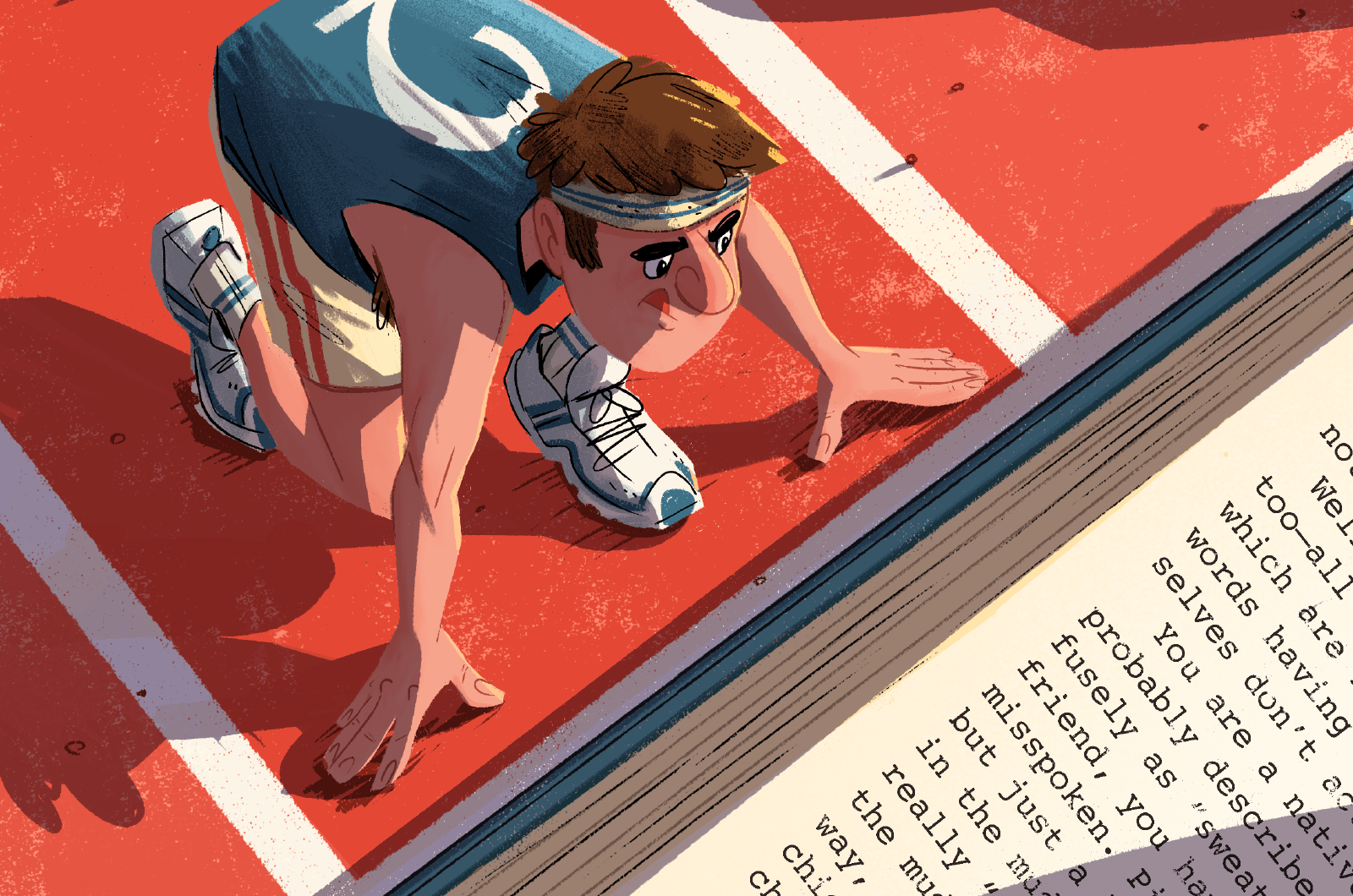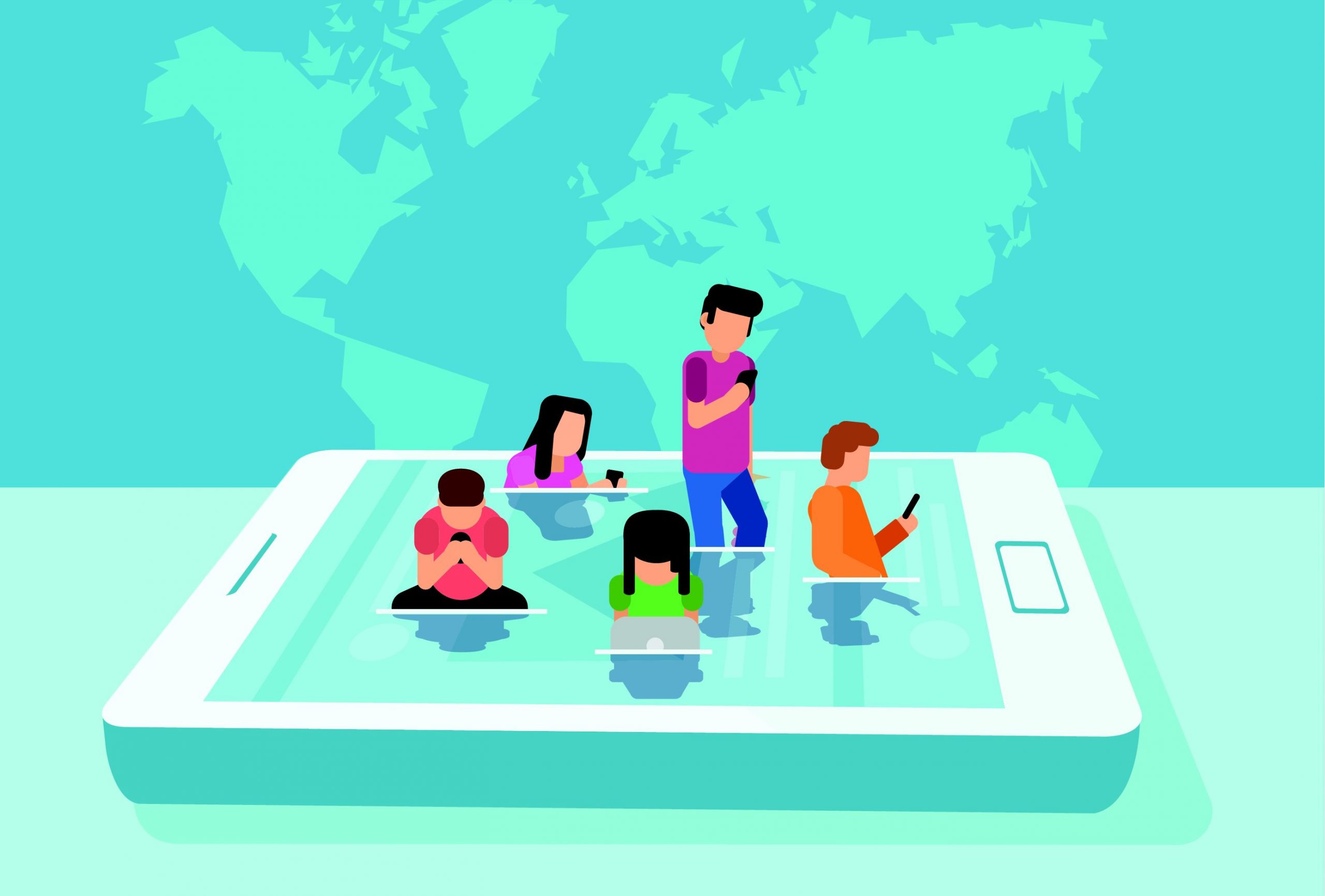The Power to Withstand the Blows of Fate
Life, destiny, what is it? Why do certain events happen to us? What is the cause of these events? Who is to blame for them happening to us? How do we deal with what happens? What to do? We will look at these and some other questions and try to find answers to them.
Trapped in the Now
By the term “life” we mean the time of existence of an individual person, saturated with certain events and his personal experiences. Fate in mythology, in philosophical systems, as well as in the commonplace consciousness is an irrational and incomprehensible predetermination of human events and actions. In a broader sense, fate is an inseparable sequence of events in the life of a certain person, independent of the decisions and actions of the person himself.
Thus, life and fate are everything that happens to us, as well as our evaluation of these events as a result of experience and awareness. Let’s try to look at our life in more detail, as a kind of technological process. Let’s understand why and how events become a part of life, of destiny.
The Forge of Reality
When we cannot determine why certain events are happening to us, we cannot connect them with each other, then the flow of our life falls apart into separate, unconnected fragments. We lose the logic of what is happening, and as a consequence, the decisions we make only compound the problems. Our life becomes a fate where nothing depends on us. It seems to us that the world we live in is filled with contradictions and conflicts.
Note that it is not the world that changes, but our assessment of it. Not only is it extremely subjective, but it is also tied to a specific moment. As a rule, we judge what happens to us as good or bad in terms of our body’s sensations. We do not see the true causes and cannot understand the consequences of what is happening to us. What seems to us at the moment to be a nuisance, a bad thing for our body, may well be protecting it from much more serious dangers. Or in general, it saves our soul from making decisions that are incompatible with its existence.
The Games Fortune Plays
Our perception of the world is such that when events, good or neutral to us, happen, we take them for granted, immediately forget them, and switch to solving real or imaginary problems. This happens because our soul reacts especially acutely to dangers that threaten the comfortable existence of the body, tries to anticipate and neutralize them in advance. The situation is especially aggravated when the person fully associates itself with the body. In this case any problem is perceived as critical, threatening the very existence of the soul as it sees it. By concentrating too much on solving problems, we not only give them excessive importance, but, by narrowing our worldview, we stop seeing ways of solving them.
What should we do in that case? – you ask. To begin with, let’s identify the source of our troubles. Can we somehow reduce the frequency of their appearance or the level of threat to us? Or does nothing depend on us, and trouble is predetermined and given to us because of our sins?
Human existence and development is so arranged that as long as our mind associates itself with the body, problems are an integral part of our existence. Unfortunately, at this stage of our development, the absence of threats, problems and full satisfaction of the body turns us into animals. The body subjugates the mind, it becomes its servant. Fortunately, there are means to protect us from such a sad fate.
The Faceless Ill-Wisher
If what happens to us does not depend on us, and our lives are ruled either by chaos or by incomprehensible external forces, then there is nothing more to talk about. The notion that our lives are predetermined brings us to an absolute dead end. Then the one who is unreachable is to blame, and his decisions are incomprehensible by definition. And we are puppets, controlled from the outside, powerless to change anything, and therefore doomed to ceaseless torment.
Fortunately, this is not the case. The existence of free will completely refutes the predetermination of what happens to us. Even if we cannot pinpoint the causes of our misfortunes, it is only a sign of the limitations of our worldview, and nothing else. By adopting a non-contradictory picture of the world we will be able to see the world as a whole without exceptions, to trace the cause-and-effect relationships of events that happen to us. We will be able to see where and when we made the wrong decision, and understand how to minimize present and future problems. To do this, we will have to do quite a bit of work. Let’s see what we can do right now about what we ourselves have done with our lives.
We have to prioritize the problems we solve, to determine what is critical for us and what is not. What is meant here is not priorities for solving body problems. It’s clear that preserving life is more important than, for example, having a career or having fun. That’s not what this is about. Our raison d’être is much broader than the interests of the body.
The Source of Power
So we have identified the “culprit” of our problems. We have found out that it is the mind, freely making decisions, that lays the foundation for future events that will happen to us. Now let’s see how we can avoid adversity. Or overcome adversity and adversity that has already happened to us, and whether we should always strive for it.
All of the problems we have are the result of bad decisions. Before we decide on an important action, we try to predict the consequences that we expect to receive. We usually construct some logical chain, trying to foresee what will follow our actions. We are guided by our ideas about the world and the amount of knowledge we have. If our picture of the world is internally contradictory, and the number of factors influencing the events cannot be controlled, the result will never coincide with our expectations. In that case, good, joyful events in our lives can only happen by chance. The world is complex and varied, and logic and knowledge cannot guarantee that our decisions are correct.
If at the moment of making a decision the picture of our world is contradictory, our understanding of its structure does not allow us to make a correct choice, there is only one way. We can use the services of the “universal prompter” – the “moral law within us”, some call it intuition.
Now let’s see what we can do if trouble has already happened to us. Let’s look at a few ways to overcome troubles that have happened to us, and even, strange as it may seem, to use them for our benefit.
- Decreasing the importance of the events that happen to us. The first method is the simplest and at the same time the least effective. We have already mentioned it when talking about the fight against fears. There are many techniques for de-emphasizing, and it is possible to choose any that you like. They are based on the general principles of expanding the worldview and, as a consequence, reducing the share of unpleasantness in the overall picture of the world, or shifting attention from the problem to any other object. It may be added that the concentration on unpleasantness only confirms our perception of the world as separate, not always logically interrelated fragments.
- The second way is to accept the unpleasantness that has occurred as a fact and consciously change the evaluation of what has happened. Here it makes sense to ask ourselves what is more important to us, what has a greater influence on our fate, the events or our attitude toward them? The answer to that question is very important and not at all obvious, as it may seem to us. Certainly, any event, much less an unpleasant one, shapes the very structure of our lives, given that it cannot be reversed. But, much more influence on the perception of life and the world as a whole, has our attitude towards individual events. We can illustrate this statement with the events of each of our lives. Just remember how you felt when something bad happened to you, and compare how you feel about the same event now. At the very least, it’s much easier emotionally, and sometimes even with a smile. The fact of the event hasn’t changed, your assessment has. Often what seemed to be a serious misfortune is remembered as a fun adventure. Of course, we are not referring here to real tragedies that happen to us. To overcome them, there is the following way.
- The third method is the most difficult; it requires certain inner work, but it allows one to solve problems on any level. One may use it only after renouncing the paralyzing effect of fear. This is the only way to see new opportunities in the problems that arise. Fear causes us to focus on the “bad” events that occur, increasing their importance to us. Our fear makes a problem into trouble and trouble into sorrow. Let us note that the liberation from fear allows you to expand perception of the world. By calming down a bit and looking at the situation more broadly, we will be able to see not only the doors that trouble has closed before us, but also those that it has opened. If we don’t drown in our own grief, fixated on the loss, we can see that we are always new opportunities. Don’t miss them.
For premium readers







